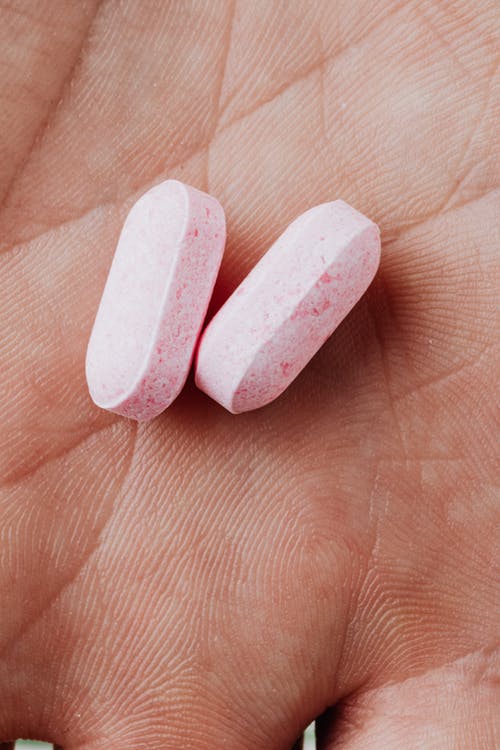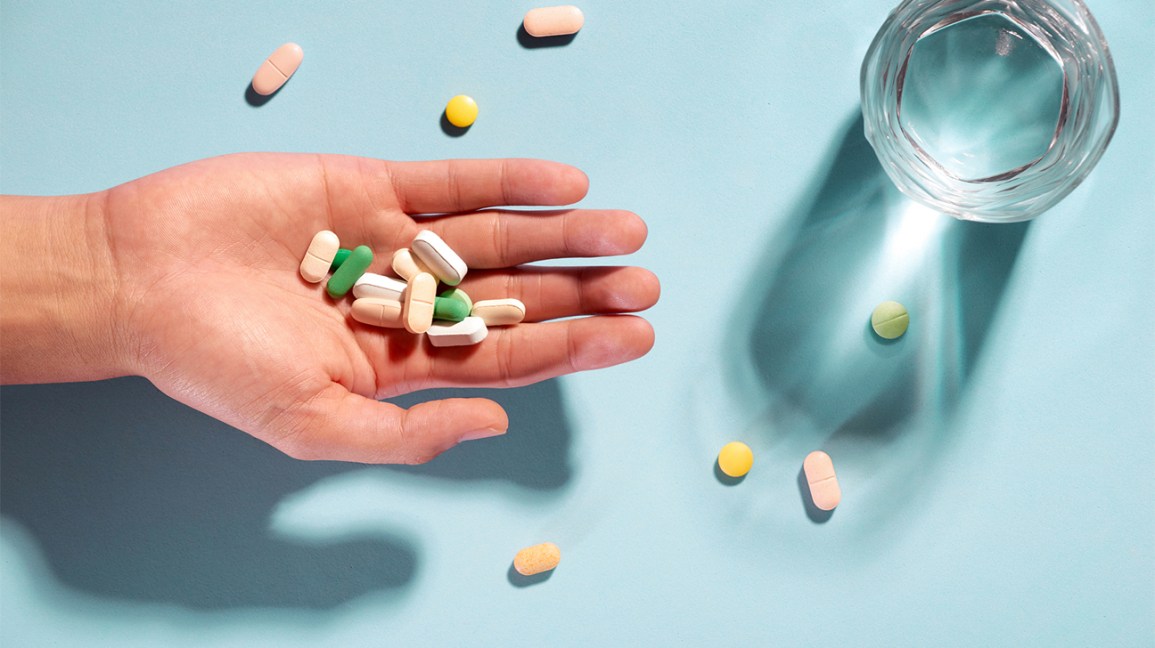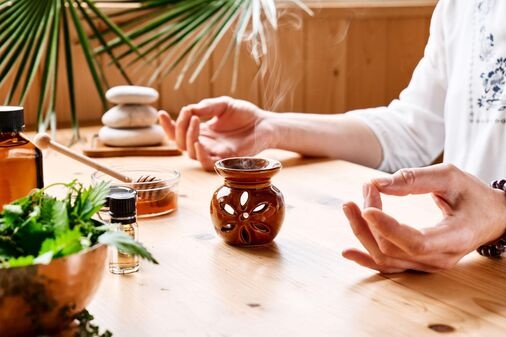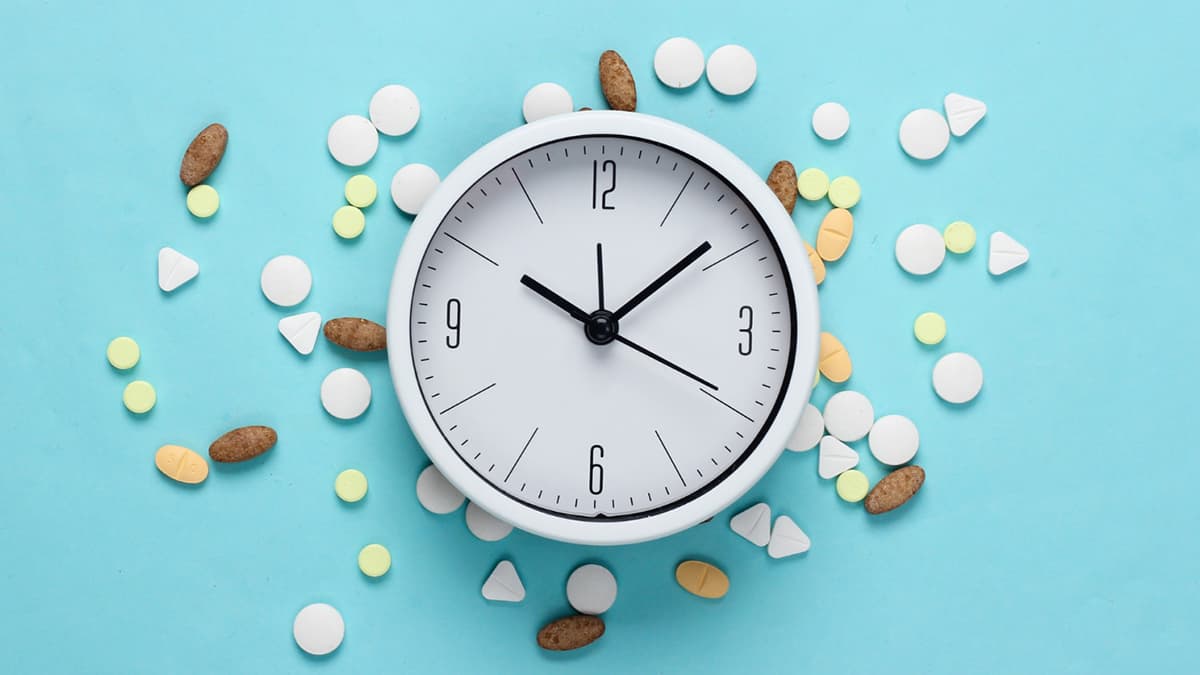Depression rates among adults in the US tripled in 2020, according to a new study published in The Lancet. The prevalence of elevated depressive symptoms stands at 32.8% in 2021, compared to 27.8% in 2020.
Unfortunately, many people are self-medicating with marijuana, alcohol, and recreational drugs, with research by the health treatment center, Sierra Tucson, showing that 21% of US employees admit to having used these substances while working remotely. Because these substances can actually worsen mental health instead of improving it, it is vital for health professionals to be aware of the signs of self-medication among patients with possible signs of depression and anxiety. Patients should only take prescribed and recommended medications under the supervision of a qualified physician who is specialized in mental health.
What are the Main Risks of Depression in the Era of the New Normal?
The main circumstances that have led to such an alarming rise in the number of people with depression include having experienced multiple pandemic-related stressors, losing one’s job, having a low income, and living alone. Boston University School of Health professor, Sandro Galea, stated that the sustained high prevalence of depression post-C19 is not common. Typically, he elaborated, depression rates reach a peak then lower over time. In this case, however, over a year after the outbreak of C19, levels remain high. Researcher, Catherine Ettman, meanwhile, stated that “The sustained and increasing prevalence of elevated depressive symptoms suggests that the burden of the pandemic on mental health has been ongoing—and that it has been unequal.”
Is Depression Being Overmedicated?
People with depression should seek professional help to receive the required treatment. Before accepting a prescription for medication, they should ideally speak to their doctor about the possibility of behaviour-based treatments. As stated by University of California psychiatrist, Joel Braslow, psychiatrists once viewed mental illness as a complex reaction between a patient’s biology and social context. Today, it is often seen more narrowly as a range of symptoms that should be medicated. This has given rise to what Barlow calls “the age of psychopharmacology.” He states that although some antipsychotic drugs can help prevent relapse, they should be prescribed with important caveats. Barlow adds that those with serious mental illness have generally not fared well with psychotropic medications. Professor Steven Hollon of Vanderbilt University, meanwhile, told the American Psychological Association that approximately 50% of people taking antidepressants “aren’t benefiting from the active pharmacological effects of the drugs themselves but from a placebo effect.” He therefore recommends psychosocial treatment as a first-line approach.
What About Treatment-Resistant Depression?
Some patients are given antidepressant medications that do not work as intended. These patients are deemed to have ‘treatment-resistant depression’, in which symptoms do not improve (or only slightly improve and often return). Doctors sometimes raise doses, switch antidepressants, and/or conduct pharmacogenetic testing to test for metabolic issues. If you have been on treatment and find that you are not improving, you may want to take this quiz to see if you have treatment-resistant depression. If you prefer to go the natural route, speak to your doctor about useful psychosocial treatments.
Psychosocial Treatments with Optimal Results

People who are self-medicating and those with treatment-resistant depression actually have a host of non-drug-based options which may be of interest. Some of the most effective approaches include cognitive-behavioral therapy (which addresses the thoughts, emotions, and behaviors that affect mood, acceptance and commitment therapy (which focuses on engaging in positive behaviors), and interpersonal psychotherapy (which involves strengthening relationships). There are many more treatments focused on everything from reducing stress in relationships to helping clients build strategies and strengthen problem-solving skills.
Depression is on the rise in the US. Many people are self-medicating to deal with the pressures caused by the current global health situation. If you have depression, seek help, speak to your doctor about the suitability of a psychosocial approach. This can help avoid the abuse and overuse of medications and be useful in cases of treatment-resistant depression.








Leave a Reply
You must be logged in to post a comment.